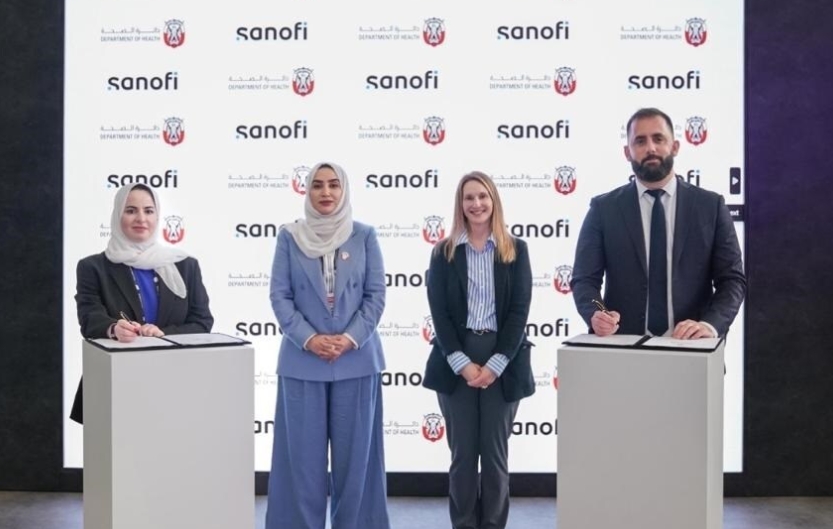
Photo Credit: Freepik
PerkinElmer, Inc., announced that it is serving as a provider and co-developer of assays, instrument solutions and expertise for the PROXIDRUGS Consortium which is zeroing in on research for proximity drugs or PROTACs (PROteolysis Targeting Chimeras).
PROTACs are a new class of drugs that take advantage of the body’s own cell protein recycling system to fight disease by tapping into the 80% of disease-relevant proteins that are currently untargeted by today’s available therapeutics.
The research project, starting October 2021, aims to streamline novel drug target validation by putting disease-relevant proteins in close proximity with key enzymes (such as E3 ligases) so that they can be marked for destruction and recycled by the cells’ natural shredding capabilities.
To help in these efforts, PerkinElmer will provide the consortium with no-wash AlphaLISA® and HTRF® immunoassay technologies and expertise in protein labeling as well as assay design; EnVision® multimode plate readers; high content imaging technologies such as the Opera Phenix® and Operetta CLS™ platforms; and data analysis and informatics tools like TIBCO Spotfire® software. These PerkinElmer offerings will give PROXIDRUGS scientists a highly sensitive and accelerated discovery platform with rich data delivery and high throughput for both live and dead cell research.
Commenting on this groundbreaking research and collaboration, Alan Fletcher, SVP of Life Sciences at PerkinElmer said, “With only 20% of disease-relevant proteins currently being targeted by classical, small molecule drugs, new research approaches, such as PROTAC drug discovery, hold immense and exciting potential. We are delighted to be able to contribute our expertise and technologies to assist in the innovative work of the PROXIDRUGS Consortium as it seeks new ways to help unlock and tackle the vast majority of proteins behind widespread diseases such as cancer, neurological disorders, and cardiovascular, inflammatory and infectious conditions.”
The PROXIDRUGS consortium is led by Ivan Đikić of Goethe University Frankfurt who also commented on the importance of forming alliances across organizations to help advance novel drug discovery and development.




